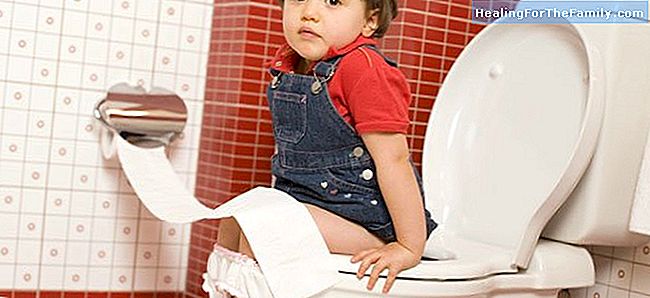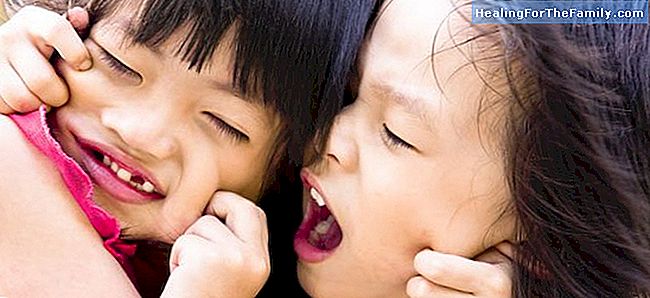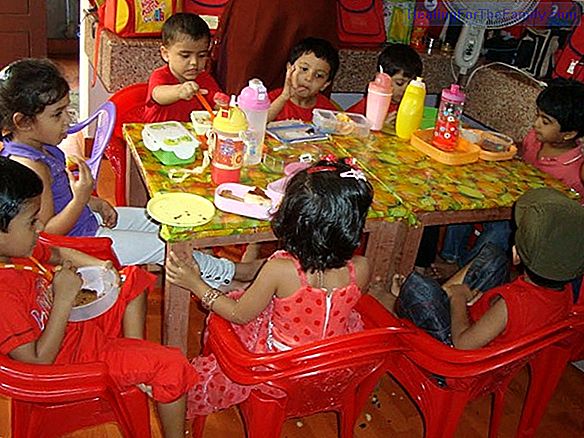Urinary infection in children
The urinary infection is one of the most common ailments in childhood, only below colds and respiratory diseases. It usually affects the bladder and the urinary tract, but it can also reach the kidneys. This type of infection appears in 6% of children under one year of age. After 3 years, the diseas
The urinary infection is one of the most common ailments in childhood, only below colds and respiratory diseases. It usually affects the bladder and the urinary tract, but it can also reach the kidneys.
This type of infection appears in6% of children under one year of age. After 3 years, the disease occurs more frequently to girls, up to five times more. The same happens in children who have been circumcised or operated on phimosis, which reduce the incidence of urine infection between 5 and 20 times.
Causes of urinary infection in children

Urine infections are usually caused by a bacterial cause , the most common is the bacterium Escherichia coli. These pathogens, which are found on the skin around the anus and the vagina, reach the bladder and the urinary tract causing inflammation of the area.
Some newborns have the so-called ves vesicoureteral reflux , a condition that allows urine to return to the ureters and kidneys and causes infections at the time of birth. Other frequent causes in childhood are bad hygiene in changing diapers or when going to the bathroom, wearing tight clothing or holding too much urine in the bladder.Symptoms of urinary tract infections in children
In young children, the symptoms of urinary tract infection vary widely, and may even not appear. In general, children have a fever, lack of appetite,
pain when urinating and in the lower back, vomiting and cloudy urine or even blood. Although it is not common in children that this disease reaches the kidneys, if it occurs, the previous symptoms become worse, especially fever,
vomiting and pain in the lower back and abdomen . Diagnosis and treatment of urine infections in children
A urine sample is needed to diagnose a urinary infection, which can be complicated in children who still use diapers. In these cases, a probe can be used or the urine can be collected with an injection directly from the bladder.
It is essential that the treatment with antibiotics be quick to prevent the infection from reaching the kidneys. Newborns may require hospitalization and receive antibiotics intravenously. Babies and older children will take the medication orally.
It is common for urine infections to be repeated , so many children will need antibiotics for many months, even one or two years. It is very important that parents teach the children the proper way to go to the bathroom and to clean themselves, always from front to back, to avoid the passage of bacteria to the urinary tract.
Other childhood diseases:












